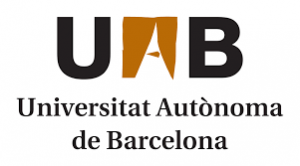VIII Workshop on challenges of innovation policy
24/11/2017
Faculty of Business and Economics; University Rovira i Virgili
Av. Universitat, 1; 43204 – Reus (Spain)
The number of contributions which cope with the innovation issues has increased significantly during the last years. The availability to the access of International databases and their detailed information have facilitated this larger interest. However, the socioeconomic dynamics imply that this phenomenon must widen its focus in order to facilitate the decision of key agents (in particular firms, policy-makers, universities and public agencies).
The workshop has a double aim. On the one hand, morning sessions will cope with new issues about the European innovation policy. On the other hand, in the afternoon we aim to establish technical challenges that researchers face up to when adopting an empirical approach.
With that purpose, the workshop will be driven by two researchers of international prestige:
- Pierre Mohnen, Professor of UNU-MERIT (Holland) with a wide experience in the fields of innovation and European policies.
- Harald Oberhofer, Professor of Vienna University (Austria) with a wide experience in the fields of innovation and industrial organization.
The workshop is a collaborative initiative between members from URV and UB under the support from XREAP. The organisation committee is formed by
- José García-Quevedo, Universitat de Barcelona
- Mercedes Teruel, Universitat Rovira i Virgili
- Agustí Segarra-Blasco, Universitat Rovira i Virgili
More details at the workshop’s web page: https://innovacioempresa.wixsite.com/workshop2017


